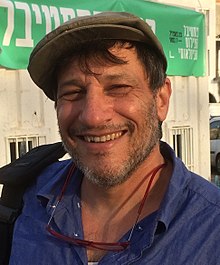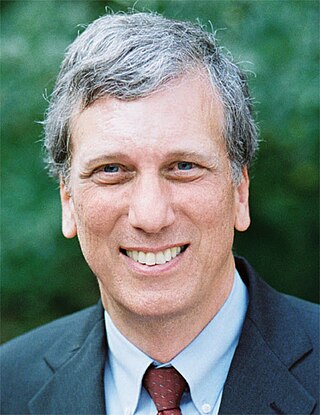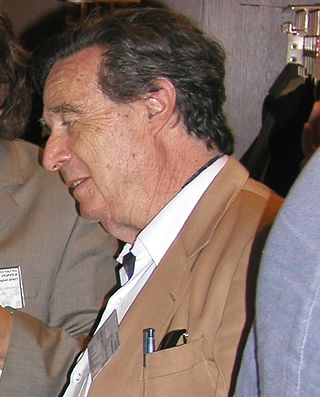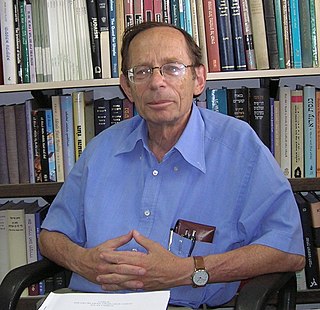Articles
Efron's essays have appeared in Foreign Policy, the Washington Post, Hadassah Magazine, Commentary, Moment, Midstream, the Boston Book Review, the Jewish Review of Books, Haaretz, Yediot Aharonot, Maariv, Le Monde, Tikkun, Jewish Action, the Jewish World Review, the Jerusalem Report, Zocalo Public Square, the Times of Israel, and the Huffington Post. In 2006, he was awarded the Simon Rockower Award for Best Essay or Commentary of 2006 on a Jewish theme. Following is a partial list of Efron's published articles:
• ‘The End of Pre-Eminence: Jews & the Nobel Prize in the 20th Century,” Jüdischer Almanach des Leo Baeck Institute, Vol. 23, Forthcoming, 2015. • “Jews and the Study of Nature,” in James Haag, Gregory Peterson, and Michael Spezio, The Routledge Companion to Religion and Science, Routledge, 2012, pp. 79–90.
• “Zionism and the Eros of Science and Technology,” Zygon: Journal of Religion and Science, 46, 2, June 2011, pp. 413–428.
• “Nature & Early Judaism,” in John Hedley Brooke and Ronald Numbers (eds.), Science and Religion Around the World, Oxford University Press, 2011, pp. 20–43.
• “The Wisdom of Everyman”: The Natural, the Sacred and the Human in Modern Jewish Thought,” in Paul J. Kirbas (ed.), This Sacred Earth: Scientific and Religious Perspectives on Nature and Humanity’s Place Within It, Wyndham Hall Press, 2011, pp. 189-202.
• “Sciences and Religions: What it Means to take Historical Perspectives Seriously” in Thomas Dixon, Geoffrey Cantor and Stephen Pumfrey (eds.), Science and Religion: New Historical Perspectives, Cambridge University Press, 2010, pp. 247–262.
• “Without a Horse: On Being Human in an Age of Biotechnology” in Nancey Murphy and Christopher Knight, Human Identity at the Intersection of Science, Theology and Religion, :London, Ashgate, 2010.
• “On the Christian Origins of Modern Science,” in Ron Numbers (ed), Galileo went to Jail, and Other Myths of Science and Religion, Harvard University Press, 2010.
• “Jews and Science prior to Modern Times” in Ron Numbers & John Brooke (eds.), Religion and Science in a Global Perspective, Oxford University Press, 2010.
• “Science, Technology, & Culture,” Blackwell Encyclopedia of Sociology, 2008.
• “American Jews & Intelligent Design”, Reilly Center Reports of the University of Notre Dame, 2008.
• "Jewish Tradition and the Challenge of Darwinism: Review", Isis, 2008, 99: 416–418
• “Playing God: On the Philosophical Implications of a Metaphor about Science,” in Charles L. Harper (ed.), Spiritual Information: Perspectives on Science and Religion, Templeton Press, 2005.
• “Nature, Human Nature, & Jewish Nature In Early Modern Europe,” Science in Context, 15:1, 2002.
• “Our Forefathers Did Not Tell Us: Jews & Natural Philosophy in Rudolfine Prague,” Endeavor, 26:1, 2002.
• “Astronomic Exegesis: Interpretation of the Heavens by Early Modern Jews,” Osiris, 16, pp. 72–87, 2001. (with Menachem Fisch)
• “Knowledge of Newly Discovered Lands among Jewish Communities of Europe (From 1492 to the Thirty-Years War),” in Bernardini, Paolo & Norman Fiering (eds.),The Jews and the Expansion of Europe to the West, Berghahn Press, 2001.
• “Common Goods: Jewish and Christian Householder Cultures in Early Modern Prague,” Sally McKee (ed.) Crossing Boundaries: Issues of Cultural Identity in the Middle Ages and the Renaissance, Brepols, pp. 233–256, 2000.
• “Irenism and Natural Philosophy in Rudolfine Prague,” Science in Context, 10:4, 1997, pp. 627–649.
• “Jewish Thought and Scientific Discovery in Early Modern Europe,” Journal for the History of Ideas, Fall, 1997, pp. 719–732.
• “Jews and Liberal Arts in Early Modern Prague,” Acta Historiae Rerum Naturalium Necnon Technicarum, Vol. I (New Series), 1997, pp. 24–35.
• “Diagnosis, Dogmatism, and Rationality,” Journal of Mental Health Counseling, 19:1, January, 1997, pp. 40–56. (with Jonathan Rabinowitz)
• “Science Naturalized, Science Denatured: An Evaluation of Ronald Giere’s Cognitivist Approach to Explaining Science,” History and Philosophy of the Life Sciences, 13, 1991, pp. 187–221. (with Menachem Fisch)
• “Irrationality in Data Collection and Analysis as an Impediment to Clinical Diagnosis and Evaluation” (In Hebrew), Psychologia, 3, 1992. (with Jonathan Rabinowitz)
• “David ben Solomon Gans,” The Encyclopedia of Jews in Eastern Europe, YIVO Institute, New York.
• “Maharal of Prague,” The Encyclopedia of the Renaissance, Charles Scribner's Sons, New York.
• “Moses Isserles,” The Encyclopedia of the Renaissance, Charles Scribner's Sons, New York.
• “David Gans,” The Encyclopedia of the Renaissance, Charles Scribner's Sons, New York.


















